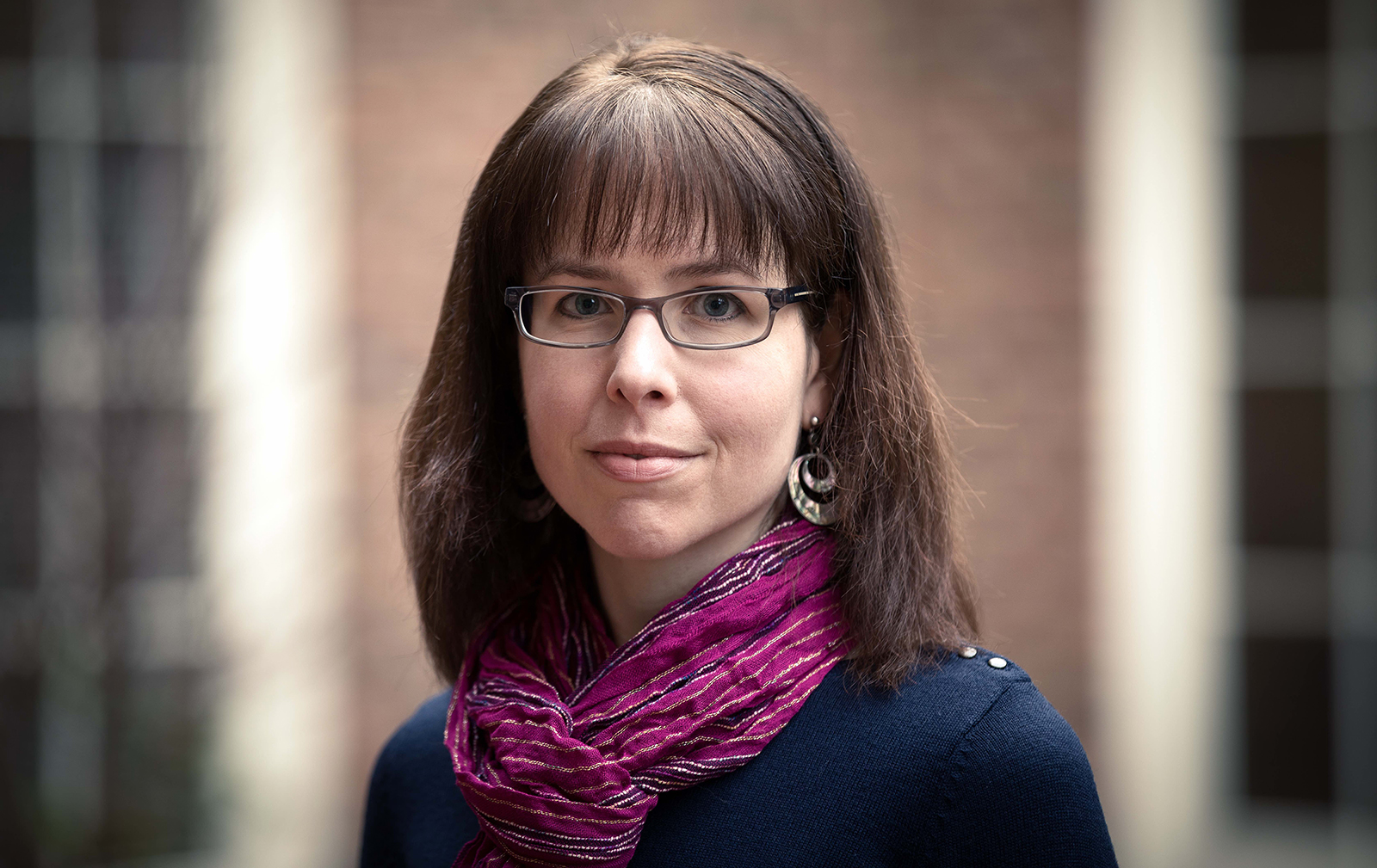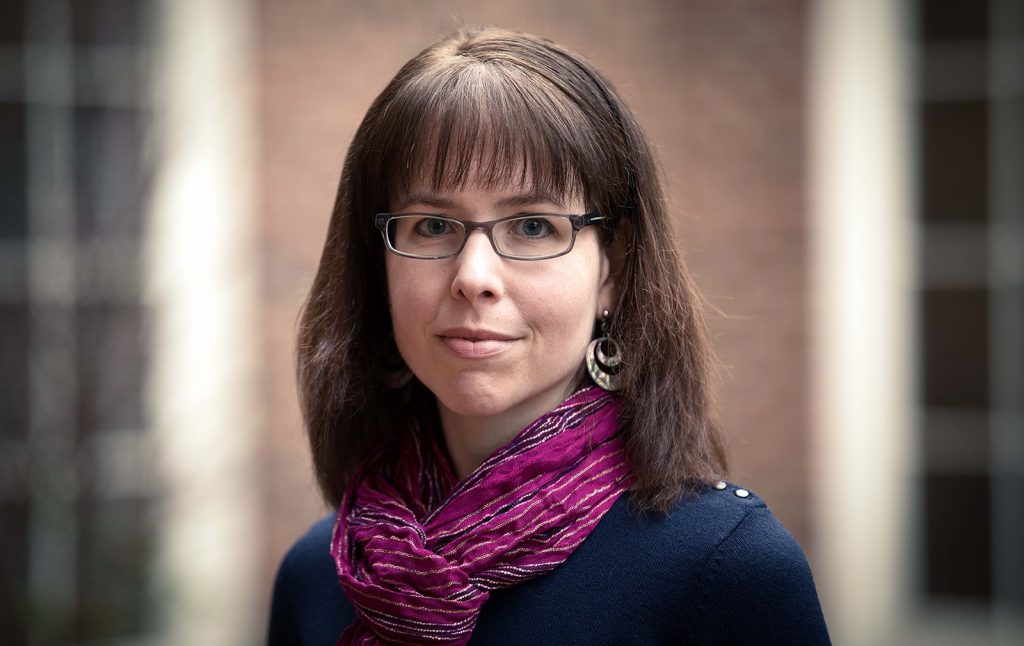
(RNS) — Last month, Molly Worthen, an associate professor at the University of North Carolina at Chapel Hill who studies American religious history, revealed that she had converted to evangelical Protestantism, a group she had long held at an academic arm’s length.
Her revelation came in a 90-minute interview with Collin Hansen of The Gospel Coalition, a fellowship of conservative Reformed churches that sees itself as a yardstick for Christian orthodoxy.
Full disclosure: I have followed Worthen’s career with no small amount of envy, especially as she began writing about religion, identity and politics for The New York Times as I languished in, and ultimately withdrew from, a Ph.D. program. Though we have never met and I lack her scholarly credentials, I have long considered her a role model.
Worthen’s 2013 book, “Apostles of Reason,” was well-reviewed by scholars and even by some within evangelicalism willing to endure mild self-reflection and scrutiny. One such figure is the Rev. R. Albert Mohler Jr., president of the Southern Baptist Theological Seminary, who took Worthen’s book seriously because it was evenhanded and insightful.
In her interview with Hansen, Worthen named former Southern Baptist Convention president and North Carolina pastor J.D. Greear and the recently deceased Tim Keller of New York City’s Redeemer Church as instrumental in her conversion. Yet I kept thinking of Mohler as I listened to Worthen’s testimony. Greear and Keller model evangelistic engagement in post-Christian America, applying reason to human problems. Mohler has tended to emphasize institutions and the need for clarity on precisely the most controversial matters of Christian disagreement and debate.
Mohler has long warned that evangelicals now have to place all their cards on the table and be judged in or out. He allows no “third way” on issues of marriage, sexuality and gender. He has made it increasingly difficult for public evangelicals to evade disclosing their views, knowing that when they do they risk exile from various evangelical institutions, often their employers. “There will be no place to hide,” Mohler is fond of saying.
This is not Worthen’s first conversion. She was baptized a Christian while a Ph.D. student at Yale but soon fell away from the Episcopal Church and spent more than a decade “coasting along in a state of mildly dissatisfied agnosticism.” But she knew it was unsustainable. “Surely I’ll get my act together,” she thought, “and I’ll probably become Catholic or some variety of Anglican.”
“Something respectable,” Hansen added, with damnable faint praise (as if he weren’t himself among a preeminent elite of evangelicalism).
Molly Worthen. Photo by Jafar Fallahi
In passing, Worthen noted that her husband, a fellow UNC historian, is a lapsed Catholic. She suggests, mordantly, that it would have been easier “if I had done the respectable thing and become a Catholic.”
Worthen further aided Hansen in throwing those traditions under the bus in her conversion admission, saying, “I became a Christian last August.” This phrasing bolsters the view that anyone who has not experienced an evangelical conversion experience is, in fact, not a Christian at all.
All of this feeds into the deep vindication evangelicals seem to feel when an Ivy Leaguer and a “respectable” church blue-blood opts to become a Bible-believing evangelical. Status-anxious conservatives are hyper-aware of how their independent congregations, low-church worship styles and distinct biblicism earn sneers from mainstream culture.
Their suspicions are mutual: While Worthen said she is now “in quite radical disagreement on fundamental metaphysical questions” with friends, family and colleagues (she claimed she was convicted not by SBC culture but by belief in the resurrection), she indicated her friends are most mystified by the fact that a Southern Baptist pastor was so integral to her conversion.
“I could not have become a Christian in any other context,” she reported.
Refreshingly, politics barely came up in her chat with Hansen. But neither did sexuality, marriage or gender roles in church or society. Would an interview with Mohler have included these checks? Would Worthen still be an evangelical in good standing if she had spoken with him instead?
Asked another way: Will Worthen’s evangelical-insider honeymoon end quite abruptly if she affirms LGBTQ people, supports a Democrat or declines to conform her marriage to the evangelical complementarian ideal of male headship? These are all Gospel Coalition no-nos. The list of academics who have swiftly been “farewelled” from evangelicalism — often with TGC-affiliated people leading the attack — includes many people once celebrated as faithful Christians.
I’m not saying that I know what Worthen believes on these matters, only that evangelicals out there will want to know. While many simply want lost people to give their hearts to Jesus, it quickly becomes clear that, on political and cultural matters, evangelicals actually demand a lot more.
Perhaps I’m too cynical. Perhaps Worthen’s happy tale of a sinner saved gives conservative Christians room for their battles over theology, partisanship, tone and much else to take place within a spirit of generosity and grace. Perhaps Worthen’s conversion is a promise that even the unlikeliest nonbelievers may be receptive to the gospel if evangelicals spent more time on evangelism and less time on politics and boundary maintenance.
If so, it will be a greater conversion than that of a lone academic to their cause.
(Jacob Lupfer is a writer in Jacksonville, Florida. The views expressed in this commentary do not necessarily reflect those of Religion News Service.)

